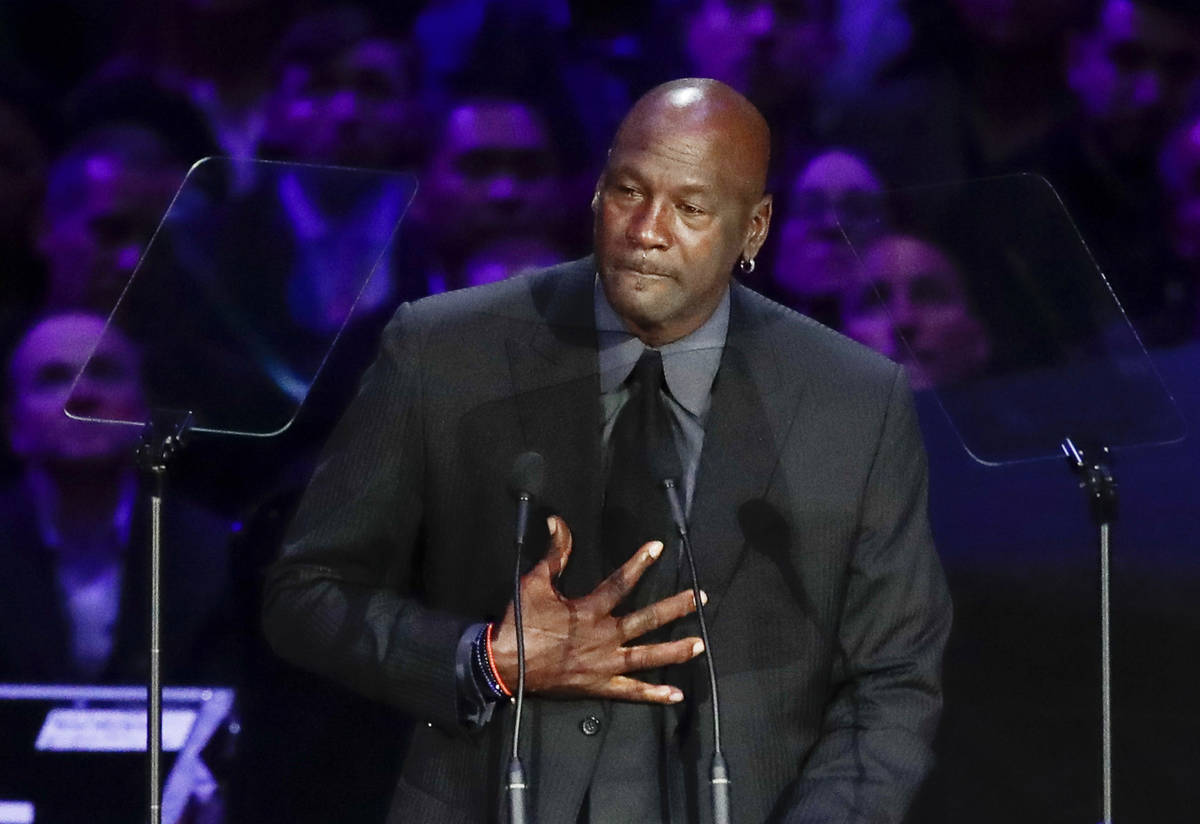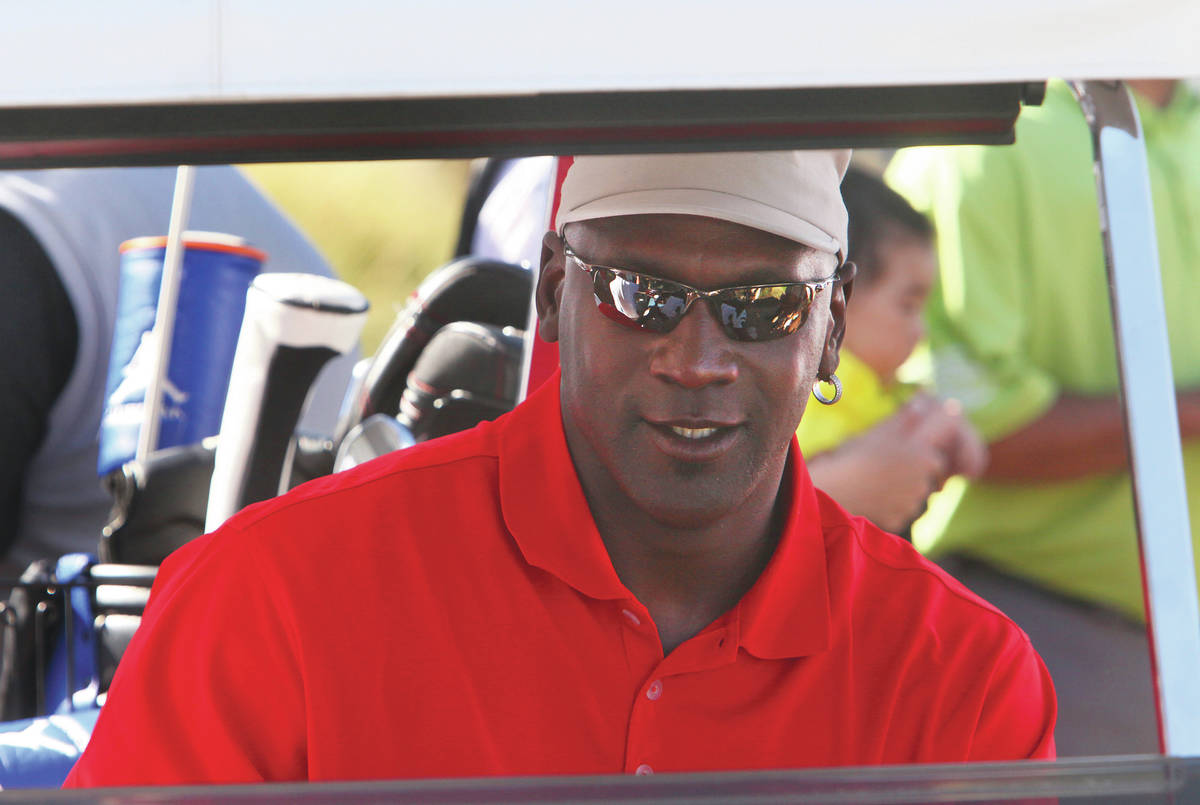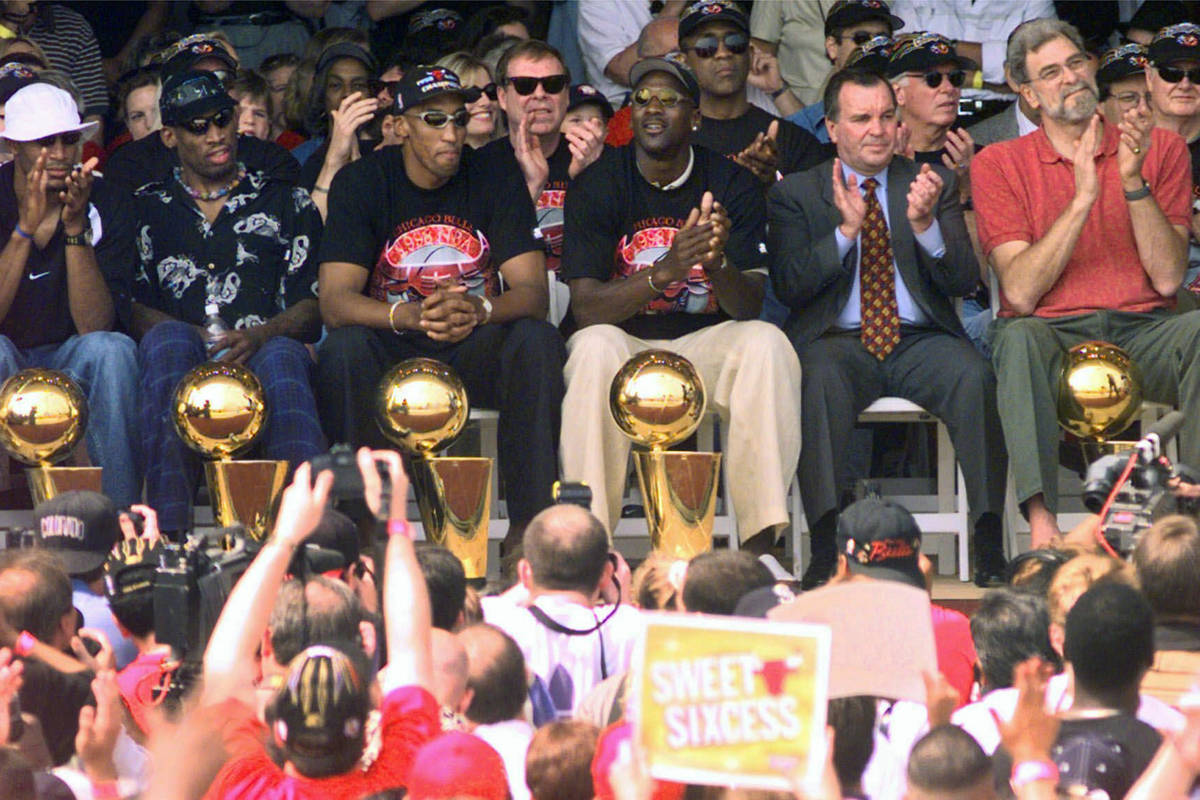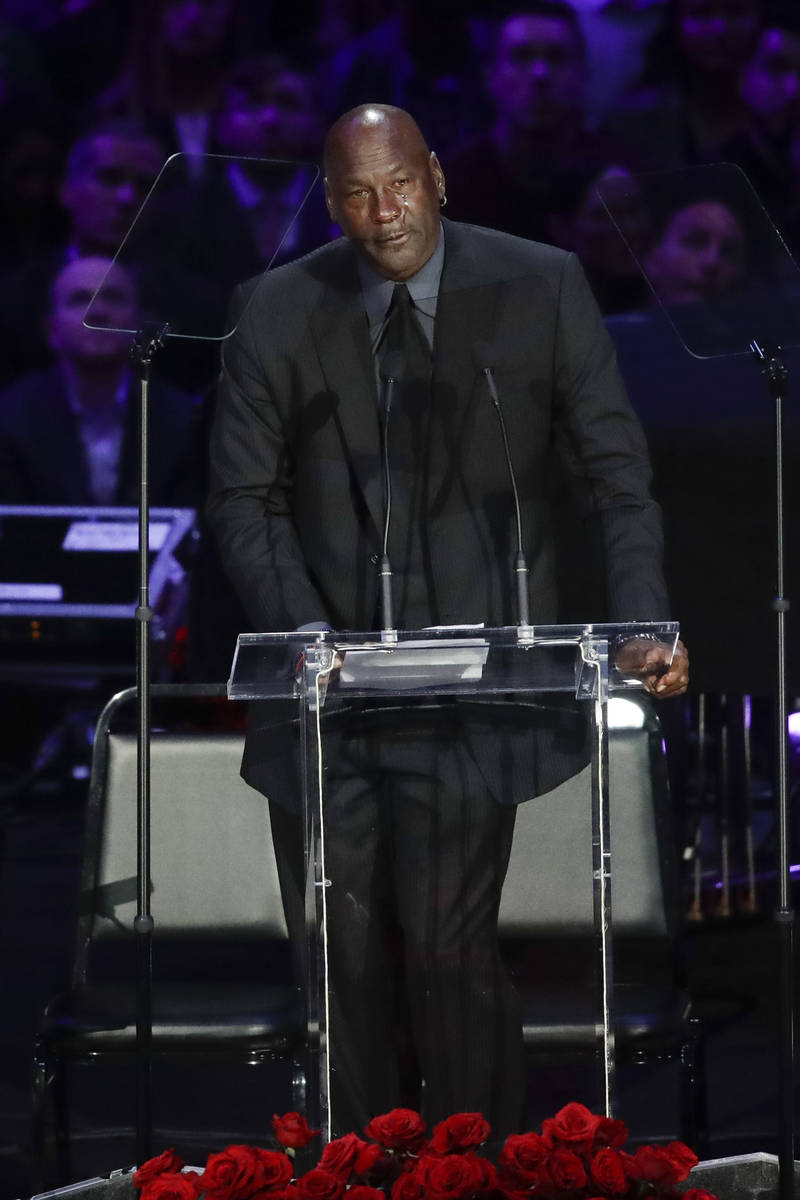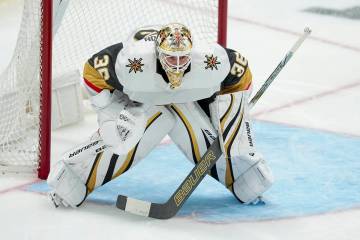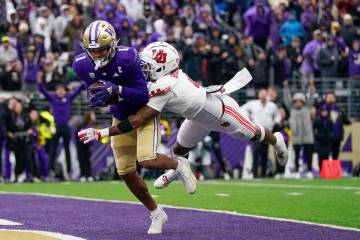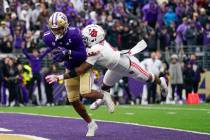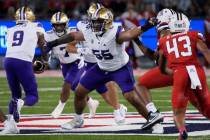Athletes and activism: It’s not as simple as it seems
It was in Episode 5 of the ESPN documentary, “The Last Dance,” when Michael Jordan addressed some of the more controversial words of his Hall of Fame basketball career, ones he said in 1990: “Republicans buy sneakers, too.”
It was Sunday when Jordan tweeted a three-paragraph statement about being saddened and pained and angry, about “standing with those who are calling out ingrained racism and violence toward people of color in our country.”
Statement from Michael Jordan: pic.twitter.com/lWkZOf1Tmr
— Jordan (@Jumpman23) May 31, 2020
In doing so, Jordan opened a window into the phenomenon of athletes and activism.
Three decades later, a span in which Jordan rarely waded into a public stream of political or social issues, his words identified another significant message.
That when it comes to choosing whether or not to embed themselves into the belly of social justice movements by speaking out, athletes can’t win.
There was little shortage of social media outrage from athletes and coaches of all levels the past week, a rightful discernment of abhorrence in the wake of a Minnesota policeman charged in the murder of George Floyd.
You have seen the video. There is no middle ground. No centrism to debate.
Still, the choice for athletes of all colors — and millions of others outside sports — to respond in droves wasn’t at all surprising or difficult. But it’s not always so easy for those who play games for a living.
Jordan always maintained, and did so again during the documentary, his comment about shoes was made in jest. That, in short, he was a basketball player and not a politician or activist.
But that was then and is now a deeper, more complicated truth below such an uncomplicated surface.
‘One word wrong’
This was commentator Stephen A. Smith responding on ESPN to Jordan’s words from 1990: “Even though there was no Twitter, Facebook or anything else, at that particular time, it was still a time that if you said one word wrong, if you said once sentence wrong, particularly if you were Michael Jordan, it would resonate so profoundly that it would compromise everything you were trying to build … You had a lot of people like Michael Jordan who said, ‘This ain’t worth it. This is not my lane.’ ”
And there’s the proverbial rub.
It wasn’t always like that before Jordan literally flew onto the court. Muhammad Ali. Althea Gibson. Bill Russell. Tommie Smith and John Carlos. Lew Alcindor. Athletes embracing activism even in the face of intense backlash stretches nearly 150 years.
But as platforms and individual marketing brands grew to incomprehensible levels, the risk for many athletes to engage in the starkest of societal issues became tougher and tougher.
I’m a hypocrite. I have rarely written in this space about synagogue bombings or school shootings or police brutality. I’ve been, but for a handful of instances, a stick-to-sports guy.
I’ll also never know the reality of understanding how taking such a stance could potentially affect, as Smith intimated about Jordan, whatever security I might posses. However minute in comparison.
I get it. Here we go. Who cares about the rich and famous athlete?
But it’s not so easy, or shouldn’t be, to merely suggest wealth and standing always be a conduit to speaking out or not.
Not unless you have walked in identical shoes. Not unless you understand that such inclination could and likely will infuriate half of those who have supported one’s brand.
It’s no different now than with Jordan in 1990. Many athletes realize stepping into such a role potentially puts their careers at risk. Not the greatest ones like LeBron James or Steph Curry. They and other sports stars have spoken out.
But not all athletes. Not close.
Slowly changing
Some of the unwillingness to do so is directly tied to self-serving agendas. Like when a majority of NBA players (including its stars) and coaches remained silent last October in cowering to China, which promotes a systematic discrimination against women. The last thing the NBA wanted was to alienate a market that’s worth $4 billion to its league.
But it’s all slowly changing. Athletes and activism has been on the rise since 2017.
Maybe it began in earnest with Colin Kaepernick kneeling in protest against oppression and being summarily blackballed by the NFL. Maybe for political views. Maybe because of what happened in Minnesota and similar actions in other spots across America.
It’s all of it and more, really.
Michael Jordan tweeted a three-paragraph statement Sunday.
He opened a window.
Nothing is ever as simple as it seems.
Contact columnist Ed Graney at egraney@reviewjournal.com or 702-383-4618. He can be heard on “The Press Box,” ESPN Radio 100.9 FM and 1100 AM, from 7 a.m. to 10 a.m. Monday through Friday. Follow @edgraney on Twitter.



